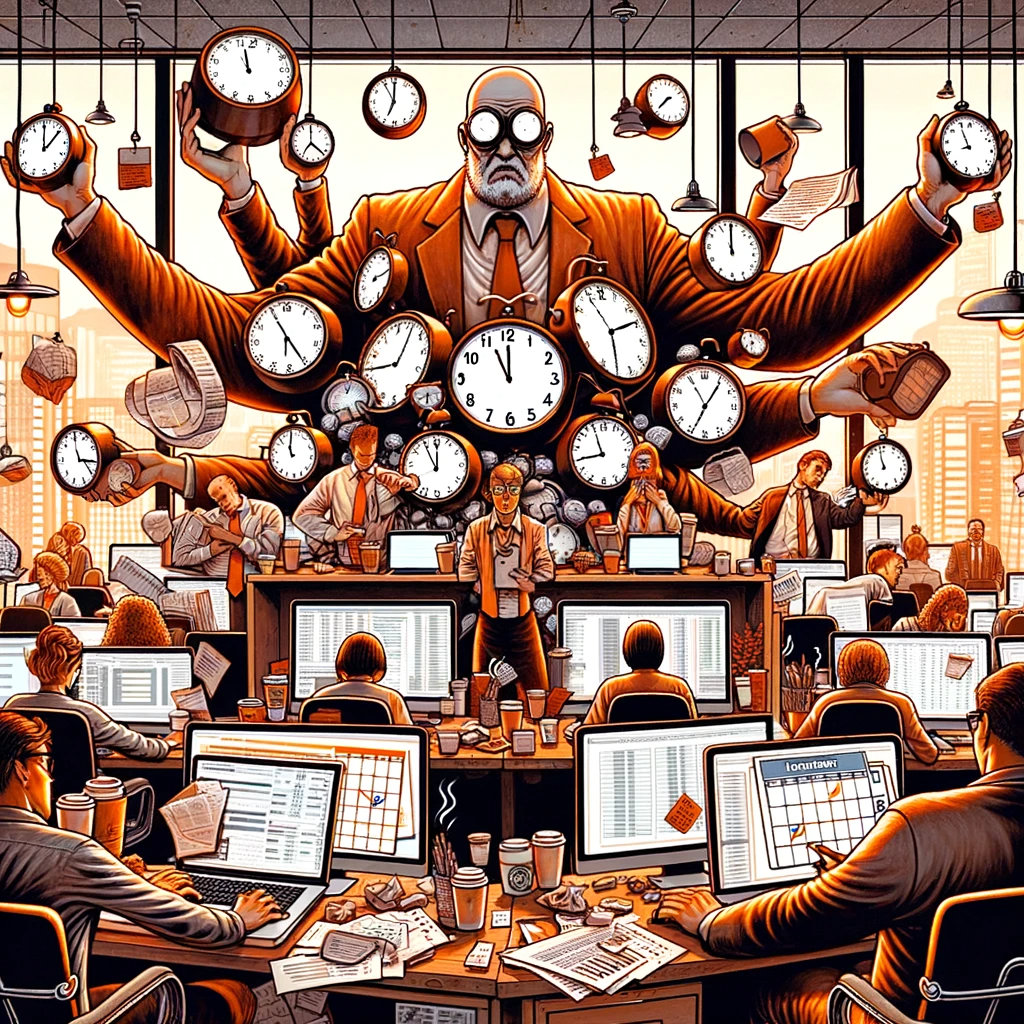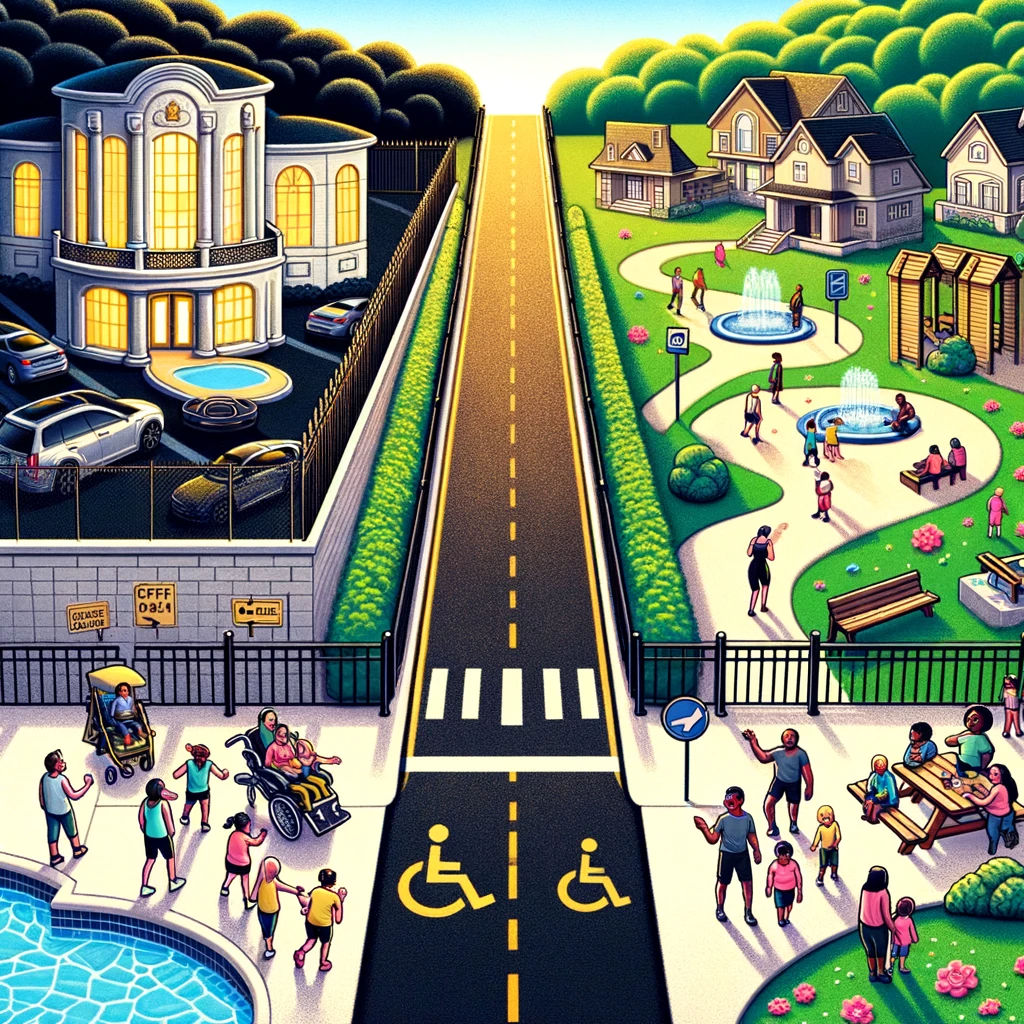3 Opposing Perspectives For Hobbies
“Embark on a journey of self-expression and skillful crafting, where every stitch, stroke, and carving tells a unique story.”
3 Opposing Perspectives For Hobbies. Having good hobbies is generally viewed positively, seen as a way to enrich one’s life, learn new skills, and relieve stress. However, there are opposing perspectives on prioritizing and engaging in hobbies:
Understanding these opposing perspectives highlights the complex role hobbies play in people’s lives and the various factors to consider when promoting and choosing how to engage in them. While hobbies can offer significant benefits, it’s important to approach them with an awareness of one’s personal circumstances, the potential pressures surrounding productivity, and the need for inclusivity and accessibility.
Expanding on the opposing perspectives to having good hobbies offers a deeper insight into the nuanced views and implications surrounding this aspect of personal life:
3 Opposing Perspectives For Hobbies: Time and Resource Consumption

Deeper Arguments:
The concern here revolves around the practicality and opportunity cost of hobbies. For many people, time is a precious commodity, and dedicating it to hobbies means less time for other pursuits like work, education, or family. The financial aspect is also significant; hobbies can be expensive, requiring ongoing investment in equipment, materials, or fees. Critics argue that in a world where time and money are often tight, hobbies might be a luxury that not everyone can afford, and even for those who can, they might not be the best use of resources.
Further Implications:
Addressing these concerns might involve promoting more efficient or dual-purpose hobbies that combine relaxation with other beneficial outcomes, like networking, physical exercise, or skill development that can be professionally advantageous. It also suggests a need for broader societal changes to ensure people have enough free time and disposable income to engage in hobbies without sacrificing other important aspects of their lives.
3 Opposing Perspectives For Hobbies: Overemphasis on Productivity

Deeper Arguments:
This perspective pushes back against the prevailing cultural narrative that every activity, including hobbies, should be productive or goal-oriented. Critics argue that this mindset can strip the joy and relaxation from hobbies, turning them into just another task to optimize and excel in rather than a source of pleasure and reprieve. The implication is that the societal pressure to always be productive can lead to burnout and stress, counteracting the very benefits hobbies are supposed to provide.
Further Implications:
Advocates of this view might encourage a cultural shift in how hobbies are perceived, valuing them as essential for mental health and well-being rather than as another avenue for achievement. This might involve promoting the idea that it’s okay to engage in activities purely for enjoyment or relaxation, without any expectation of productivity or improvement. There’s also a call for individuals to consciously resist the internal and external pressures to always be productive and instead prioritize activities that genuinely bring them joy and relaxation.
3 Opposing Perspectives For Hobbies: Exclusivity and Accessibility

Deeper Arguments:
The critique of exclusivity in hobbies highlights the various barriers that can prevent people from engaging in certain activities. These barriers can be financial, physical, cultural, or geographical. Critics point out that not everyone has access to the same resources, spaces, or welcoming communities to pursue their interests, which can lead to a lack of diversity in certain hobby spaces and reinforce social inequalities. The concern is that hobbies, which should be a source of enjoyment and personal growth, can instead perpetuate exclusion and division.
Further Implications:
Addressing this issue involves advocating for more inclusive and accessible hobby environments. This might include community initiatives to provide free or low-cost access to hobby resources, efforts to make spaces physically accessible to people with disabilities, and programs that actively welcome and support participation from diverse populations. There’s also a call for individuals to be mindful of the inclusivity of their hobby communities and to take steps to make them more welcoming and accessible to all.
Elaborating on these perspectives reveals the complex interplay between personal enjoyment, practical considerations, societal expectations, and issues of inclusi
